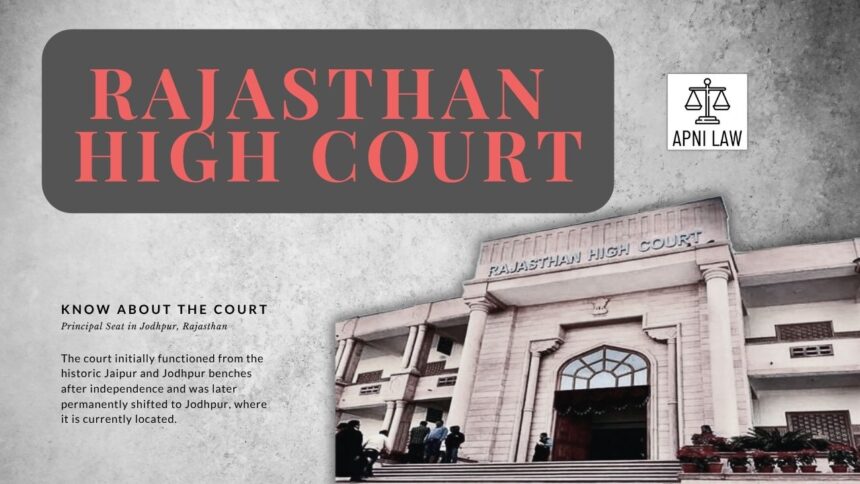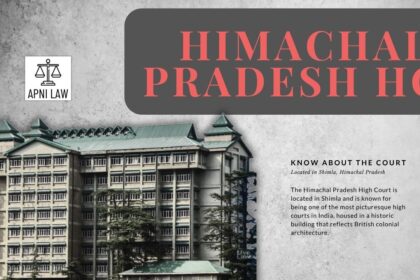Introduction
The Rajasthan High Court ruled that a conviction under the POCSO Act cannot rely solely on DNA evidence. The court emphasized that scientific proof alone does not suffice when the prosecutrix does not support the accusations. In this case, the court upheld the trial court’s decision to acquit the accused, rejecting the prosecution’s appeal.
Facts of the Case
A father filed a written complaint alleging that his minor daughter had been abducted by the accused. The police registered a case under POCSO against the accused. However, when the court recorded the victim’s statement, she turned hostile. She denied any sexual assault or rape by the accused.
Despite her hostile testimony, the prosecution based its case on a DNA report. The report allegedly linked the accused to the prosecutrix. The trial court gave the accused the benefit of the doubt, acquitted him, and the State challenged that acquittal on appeal.
What the Court Said
Justice Anoop Kumar Dhand of the Rajasthan High Court raised a key question: can a conviction for rape rest solely on a DNA report if there is no clear allegation of sexual assault from the victim? The court rejected the prosecution’s argument.
It observed that the case lacked any specific or unambiguous claim of rape or assault. The court pointed out that without such an assertion, drawing a presumption under Sections 29 and 30 of the POCSO Act is not justified. It noted that the DNA report failed to establish sexual violence beyond a reasonable doubt.
The court referred to earlier decisions in Dalla Ram v. State of Rajasthan and Bhagwan Bairwa v. State of Rajasthan. Those judgments hold that DNA evidence cannot serve as standalone proof. The court emphasized that such evidence should act only as corroboration, not as the basis for a conviction.
Furthermore, the High Court underscored that even other evidence in the case did not clearly point to guilt. There was no convincing testimony or material that proved sexual assault had occurred. Therefore, the court found that the prosecution had failed to meet its burden of proof.
Implications
The High Court’s ruling strengthens the standard for conviction in POCSO cases. It highlights that a DNA report, though scientifically reliable, cannot replace the victim’s own clear testimony. Courts must not rely on DNA alone when the prosecutrix denies assault.
This judgment also underlines the importance of corroborative evidence. Even in cases involving minors, the prosecution must build a strong, multi-layered case. It cannot shortcut the burden of proving the actual act of sexual violence.
For future POCSO trials, this decision may guide judges in assessing scientific evidence in context. It suggests that DNA reports should be weighed carefully, not as conclusive proof, but as support for other established facts. The judgment reinforces the principle that every element of a crime must be proven beyond reasonable doubt.
For any specific query call at +91 – 8569843472
Conclusion
In State of Rajasthan v. Shyam Kumar, the Rajasthan High Court reaffirmed that convictions under the POCSO Act cannot rest solely on DNA evidence when the prosecutrix turns hostile. The court held that the absence of clear allegations of rape undermines the use of medical or scientific proof alone. By upholding the acquittal, the court reiterated that proof beyond reasonable doubt requires more than just a match in a laboratory.







